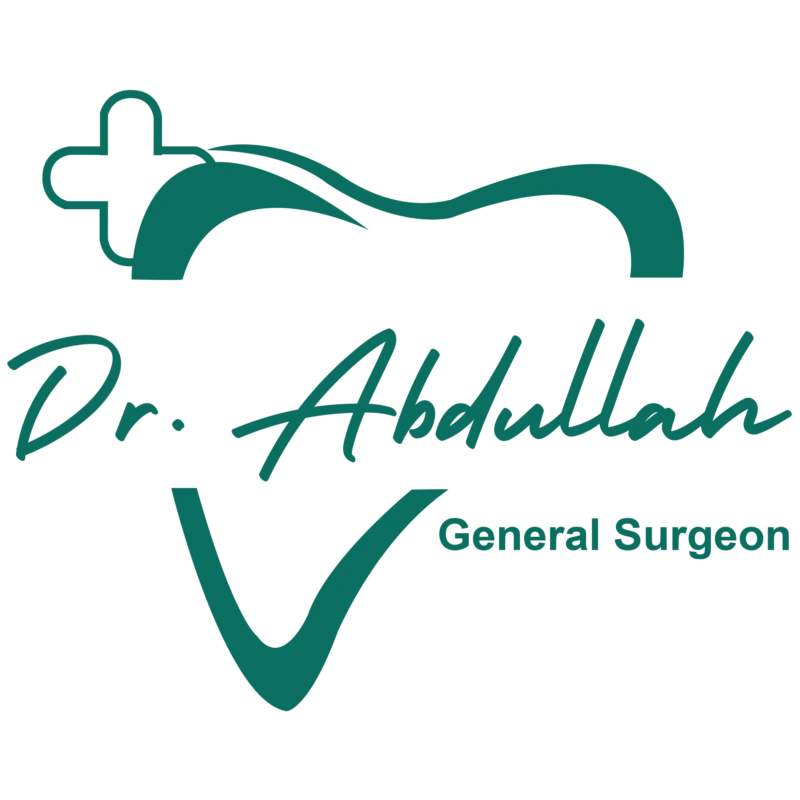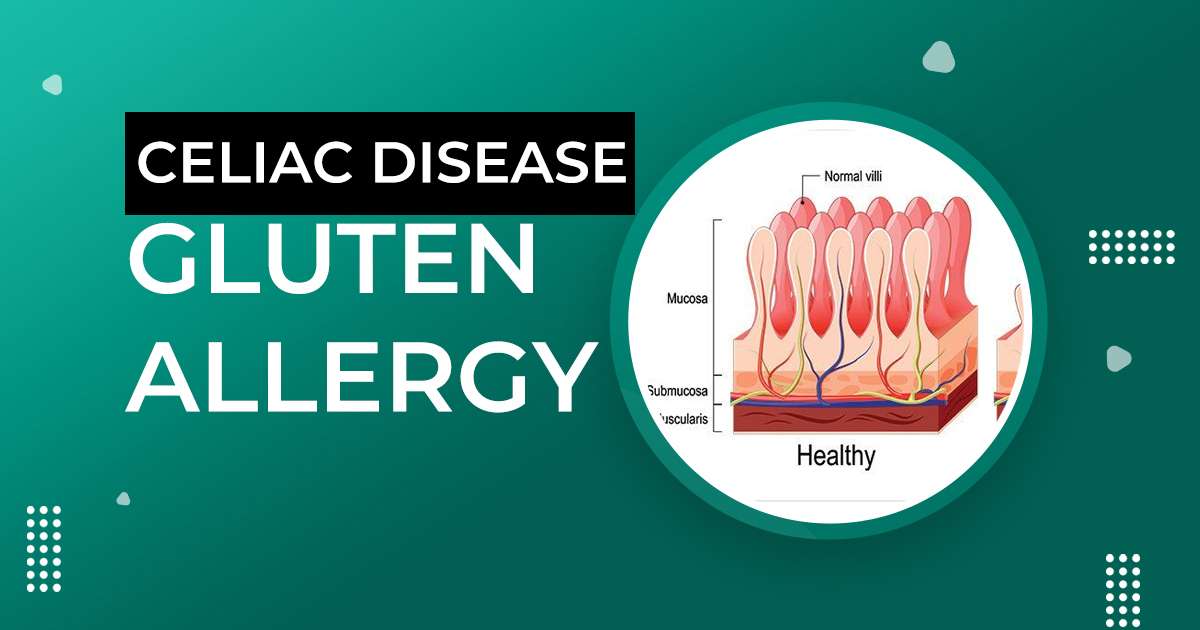Celiac disease is a condition where the body’s immune system reacts to gluten, a protein found in wheat, barley, and rye, damaging the small intestine and preventing it from absorbing vital nutrients. This can have serious health implications and if left untreated can lead to further complications such as malnourishment, damage to the digestive system, and even an increased risk of certain cancers. While it is considered a fairly rare condition, it is estimated that around one in 100 people suffer from the condition and at least another six in 100 suffer from non-celiac gluten sensitivity.
It is important to be aware of the signs and symptoms of celiac disease as this can lead to an early diagnosis and better management of the condition. If a person suspects they may be suffering from celiac disease, it’s important to speak to their doctor about the best course of action.
Signs and Symptoms of Celiac Disease
The signs and symptoms of celiac disease can vary from person to person, but some common symptoms include abdominal pain, diarrhea, bloating, constipation, anemia, fatigue, weight loss, and general feelings of ill health. It is important to be aware of these as they may be indicators of celiac disease.
If left untreated, celiac disease can lead to further health complications, such as malnourishment, damage to the digestive system, and even an increased risk of certain cancers. It is therefore essential to diagnose celiac disease accurately and early on.
Diagnosing Celiac Disease
If you are experiencing any of the above symptoms, or have a close family member with celiac disease, it is important to speak to your doctor as soon as possible.
They will be able to advise on the best course of action and may recommend taking a blood test to check for the presence of certain antibodies which are associated with the condition.
If celiac disease is suspected, your doctor may also recommend taking a biopsy with the help of an endoscopy, of the small intestine in order to make a definite diagnosis.
What to Eat with Celiac Disease
If you have been diagnosed with celiac disease, it is important to change your diet to avoid the triggers of the condition. This means avoiding foods that contain gluten such as wheat, barley, rye, and any derivatives of the three grains.
It is also important to avoid cross-contamination of gluten through shared equipment or cooking surfaces, as even small amounts can cause damage to the gut.
It is also important to ensure that you are getting enough nutrients in your diet as you may have missed out on vital vitamins and minerals due to the malabsorption caused by the condition.
Eating a balanced diet with plenty of fruits, vegetables, and proteins is essential to ensure you are getting the nutrients you need.
You should also seek advice from a dietician to make sure your diet is tailored to your needs.
What to Avoid with Celiac Disease

It is important to avoid all food products made with grains containing gluten, such as wheat, barley, and rye, and cross-contamination from shared surfaces or utensils.
Furthermore, some food products contain hidden gluten sources, such as dairy products, sauces, and processed foods.
It is therefore important to read food labels carefully, as gluten can be indicated by words such as wheat, barley, and rye, as well as more general words such as wheat starch or malt. It is also important to be aware of other sources of gluten, such as medicines, vitamins, and supplements.
It is important to speak to a doctor or pharmacist if you think your medication may contain gluten as some medications use wheat starch as a filler or contain wheat-based ingredients.
Finally, it is important to remember that celiac disease can affect people differently, so it is important to speak to a doctor or dietitian if in doubt. They can help you find the right diet and lifestyle changes to best manage your condition.
- 5 Bawaseer Ki Alamat Aur Unse Bachne Ke Tarike in Urdu - May 29, 2025
- Important Care after Laser Surgery for Hemorrhoids, Fissure or Fistula - May 29, 2025
- What Is Gynecomastia? Causes, Symptoms, and Treatment Options - May 29, 2025

